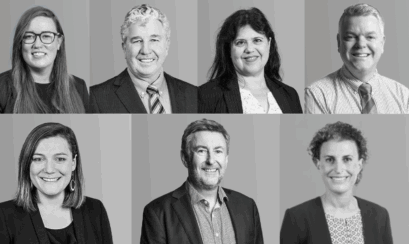Many of us have experienced a random breath test. We’ve all seen the RTA advertising campaigns warning about the dangers of drink-driving. But not everyone may be aware of the latest roadside test; the lick test, designed to catch out drug drivers.
The Road Transport Legislation Amendment (Drug Testing) Bill was passed in NSW in late 2006, creating new offences for driving with any presence of illicit drugs in your system.
Police can now conduct random roadside oral fluid testing. The preliminary test takes place through your car window, and basically involves licking a test pad, which can detect the presence of one of three drugs. These include; THC (cannabis), methylamphetamine (speed), and MDMA (ecstasy).
If you test positive, you will be asked to do a second lick test, which uses a different screening device. A second positive result means the test sample will be sent to the police lab for final confirmation and you will be prohibited from driving for 24 hours.
If the lab confirms the presence of drugs, you will be issued with a Court Attendance Notice. Penalties for drug driving can include a fine of $1,100 for first offenders, and loss of your license for six months.
Unlike drink driving, where there must be a certain blood alcohol level before a penalty applies, there is a zero tolerance for drug driving. So the mere presence of a drug in your system can result in a penalty, even if your driving seems unaffected.
This is different to the offence of DUI (driving under the influence), where your ability to drive is noticeably impaired by drugs, or you are involved in a fatal crash. In such cases, police can take you to hospital to do a blood and urine sample, which can detect the presence of alcohol or drugs, including morphine (heroin) or cocaine. DUI offences carry higher penalties, which can include jail time.
Drug users should be particularly wary. Drugs can stay in your system longer than alcohol, particularly cannabis. The fact that you smoked pot a week before the roadside test is no defence. And a conviction of drug driving means a criminal record.
Some argue that the drug driving test breaches civil liberties, forcing people to incriminate themselves even if their driving is safe. Some see the zero tolerance as being unfair.
The way litigators see it is this; drugs are illegal. The level of a drug in your system, or when you took it, is irrelevant.
According to David Fryatt, Director of Stacks Law Firm in Taree: “The whole point of the exercise is to reduce the number of deaths and injuries on the road. Legislation that acts as a deterrent for unsafe drivers will be applauded by many.”
For more information on this topic, please see our October 2019 article: Mobile drug testing (MDT) and drivers who take prescription medication.














